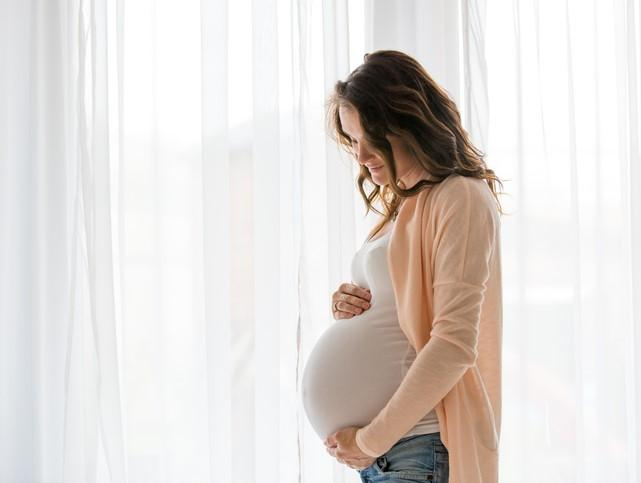
Only 35% to 40% of US pregnant women and parents of young children say they intend to fully vaccinate their child, per survey results from researchers at Emory University and the Centers for Disease Control and Prevention (CDC).
For the two surveys, published as a research letter this week in JAMA Network Open, the investigators recruited 174 pregnant women and 1,765 parents from a nationally representative panel in April 2024 to answer questions about their intent to have their child receive all recommended vaccines by 18 months.
"Many parents in the US choose to delay or refuse vaccines that are recommended for their child from birth to age 18 months," the study authors wrote. "Research is necessary to understand the value of intervening during pregnancy to proactively support parents with vaccination decisions before the birth of the child, as implementation of such interventions will require substantial engagement of health care professionals and entities outside of the pediatric care setting."
Vaccine refusal highest among parents
In total, 37.6% of pregnancies were first pregnancies. About half of respondents held a bachelor's degree or higher (49.4% of pregnant women and 45.1% of parents), and 77.6% and 79.5%, respectively, lived in urban areas.
Given the high decisional uncertainty during pregnancy about vaccinating children after birth, there may be value in intervening during pregnancy to proactively support families with childhood vaccination decisions.
Intent to vaccinate was similar among pregnant women and parents, at 35% to 40%. The proportion of respondents planning to refuse some or all vaccines was lowest among women pregnant for the first time (4%) and highest among parents (33%). Women in their first pregnancy were most uncertain about childhood vaccination (48%), while parents were the least unsure (4%).
"Given the high decisional uncertainty during pregnancy about vaccinating children after birth, there may be value in intervening during pregnancy to proactively support families with childhood vaccination decisions," the researchers wrote.
"Future interventions should account for differences in uptake of seasonal (ie, COVID-19, influenza) vs routinely recommended vaccines," they added. "Future studies with longitudinal follow-up may shed further light on evolution of vaccination decisions from pregnancy to parenthood, and the effectiveness of intervening proactively during pregnancy."













